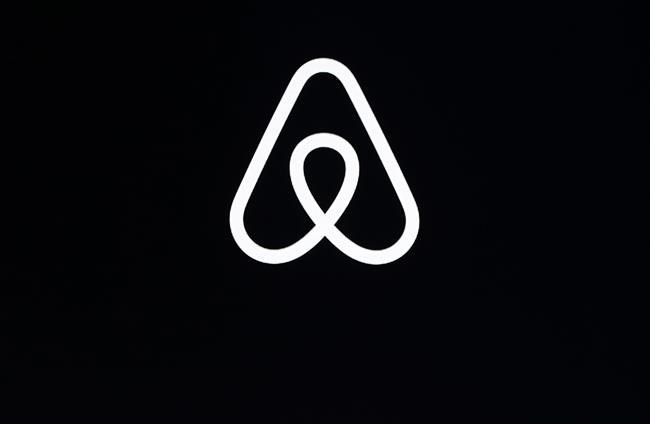MONTREAL ÔÇö The Quebec government and short-term rental platforms, such as Airbnb, are at odds over how to identify illegal listings as the deadline approaches for the companies to comply with provincial law.
People who want to rent their properties for stays of 31 days or fewer must acquire registration numbers from Quebec's tourism industry regulator and display them in their online listings.
Under a law passed in June, companies like Airbnb have until Sept. 1 to start verifying the validity of those registration numbers, which the government issues in the form of PDF certificates. The new regulation is part of a crackdown on illegal tourist accommodations after a March fire in an Old Montreal building that killed seven people, six of whom were staying in unlicensed short-term rentals.
But three months is simply not enough time, said Dany Papineau, CEO of WeChalet, a Montreal-based short-term rental startup with 2,200 listings.
"We're definitely not prepared," he said. "It's a bit like if you ask (the) Titanic  to stop right away at a stop light and turn right on the spot."
"It's simply impossible."
Papineau said each PDF certificate has to be manually verified, a process he says places an unreasonable burden on small companies like WeChalet. Airbnb, meanwhile, argues that the certificates are vulnerable to fabrication.
"It's a very archaic way, almost a 1980s way of working," Papineau said of the Quebec-imposed verification process.
Both WeChalet and Airbnb say they're willing to verify listings but assert Quebec needs to do more to help them comply. The companies are calling on the government to build a software interface that can quickly cross-reference the province's private database of approved registration numbers with host-provided numbers.
In a statement, the province's Tourism Department said it's developing such an interface, but added that online rental platforms already have "everything necessary," including secure government-issued PDF seals, to start authenticating the numbers by Sept. 1. If they don't comply by that date, they risk fines of up to $100,000 for every remaining fraudulent registration number on their websites.
Papineau said such fines could be detrimental to his business as it continues to grow. "It's really like putting a gun in your face," he said.
While the government and short-term rental platforms debate how best to verify short-term rentals, non-compliant listings continue to abound online, leading Montreal to take its own action to crack down on unlicensed units.
Though the June legislation introduced fines of up to $50,000 for short-term rental operators who advertise false registration numbers, some are still taking the risk: sequences such as "000000" and "123456" are visible in multiple Montreal Airbnb listings.
And since March, the number of Airbnbs in the city has been steadily growing: from 6,987 units on March 29 to 8,630 as of June 10, according to Inside Airbnb, a website that maps the platform's listings.
In response to the prevalence of illegal tourist accommodations, Montreal announced Thursday that it will deploy a squad of inspectors in three central boroughs to identify unauthorized short-term rentals and issue fines, with the goal of returning housing units to the long-term rental market.
"Dwellings illegally transformed into tourist accommodation establishments are contributing to the housing crisis by taking thousands of units off the rental market for Montrealers," Mayor Val├®rie Plante wrote on X. "Enough is enough."
This report by The Canadian Press was first published Aug. 3, 2023. 
Thomas MacDonald, The Canadian Press



